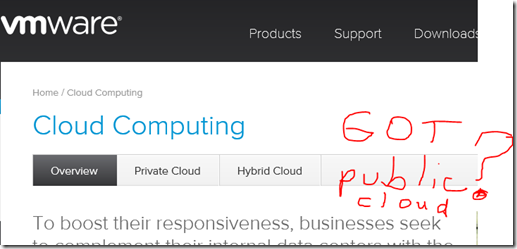Comparing Microsoft’s Public Cloud to VMware’s Public Cloud
Enterprise-Class Cloud. Delivered. More than 250,000 customers worldwide trust VMware's proven, production ready technology in their datacenters. Now you can rely on VMware to deliver globally consistent enterprise-class cloud computing infrastructure services. Offered by VMware-certified service providers and built on proven VMware vCloud infrastructure technology, including vSphere, vCloud Director, and VMware vCloud Networking and Security, vCloud Datacenter Services allow you to extend your datacenter to the cloud with confidence. vCloud Datacenter Services give you a path towards a dynamic and compatible operating environment allowing you to leverage internal and external IT resources when and where you need them in a secure hybrid cloud. Guaranteed Performance and Uptime: Scale your IT resources with guaranteed performance and uptime meeting SLAs of 99.9% or higher. Trust: Get auditable security and compliance through SAS 70 Type II or ISO27001 compliant clouds built on a secure VMware stack with VMware vCloud Networking and Security, layer 2 isolation, and role based access control (RBAC). Extend Your Datacenter:Gain the freedom to move workloads from your virtualized datacenter to a secure public cloud, with the flexibility to transfer them back and forth as needed. Questions Find Service Provider Join Discussion Related Services & Products VMware vCloud Powered Services VMware vCloud Connector VMware vCloud Director VMware vCloud Networking and Security VMware vSphere Procure Scalable IT Resource on Demand In these days of do more with less, there is an ever-growing need to respond to market forces and customer demands almost immediately, sometimes in a matter of hours. Business and technical users need on-demand computing resources. Now you can respond quickly to resource requests or allow self-provisioning, using vCloud Datacenter Services. Provision what you need only when you need it for maximum flexibility. Move workloads to their optimal location, between and across vCloud Datacenter Services and private clouds, whenever you want. Read case study: Consona Delivers SaaS Through VMware Technology, BlueLock Virtual Datacenters PDF Watch Videos: Why Consona Moved Away from Amazon to BlueLock vCloud Datacenter Services VIDEO Why Consona Moved Away from Amazon to BlueLock vCloud Datacenter Services Experience the Hybrid Cloud with BlueLock vCloud Datacenter Services VIDEO Experience the Hybrid Cloud with BlueLock vCloud Datacenter Services Get Enterprise-Class Security Built to predefined specifications and based on secure VMware cloud infrastructure technology, vCloud Datacenter Services provide multilevel, auditable security through SAS 70 Type II or ISO 27001 compliance. vCloud Datacenter Services also provide best-in-class virtual firewall capabilities, Layer 2 isolation, role-based access control and the ability to integrate with Active Directory. Access to end user activity logs keeps you in control and allows you to calibrate user access levels for enhanced end user security. Next Steps Get started with Public Cloud Read Public Cloud Diaries PDF Read vCloud Datacenter Service Solution Brief PDF Cloud Talk VMware vCloud Blog VMware vCloud on Facebook VMware vCloud on Twitter Cloud Computing Adoption Get the latest statistics on global cloud adoption trends and how IT organizations are getting started with cloud from this latest IDG Research Report. Download Report Quickly Move Applications from Internal Datacenter to vCloud Datacenter Services and Back VMware vCloud Connector enables customers to move VMs, vApps and templates between internal datacenter and all vCloud Datacenter Services with a "single pane of glass" hybrid cloud management UI. Built on VMware vCloud API and vSphere API, vCloud Connector plugs into vSphere Client and allows VI administrators to connect all virtual and cloud environments, copy VMs and vApps from one cloud to another, power on and off these VMs and access their consoles remotely. Global Connect - One Contract, Multiple Providers This capability of vCloud Datacenter Services allows you to use cloud computing services from multiple providers as if they are from a single virtual cloud. You can get the cloud computing infrastructure you need, where you need it, and when you need it – including geographies where your primary service provider may not offer vCloud Datacenter Services. Watch an overview of vCloud Datacenter Services - See more at: https://www.vmware.com/cloud-computing/service-providers/vcloud-datacenter-services/vcloud-datacenter-services.html#sthash.v6SY431q.dpuf
The “VMware or Microsoft?” series mostly covers awesome articles written by my peers related to Private Cloud technologies, so I thought it might be a good to write about Microsoft’s Public Cloud technologies. Get full series here!
Microsoft’s Public Cloud
I’ll start out by covering Microsoft's Public Cloud Computing Platform, but before I cover the details, let’s take a look at some statistics :
To Date - Outlook.com has over 400 million users with XBOX live serving 48 million users (come on - I know some VMware employees are gaming, come on you guys, you know who you are - playing Grand Theft Auto V, Gears Of War: Judgment and Battlefield 4?) maybe even dabbling in CRM online and Office 365. I gave these stats just to give you an idea of the massive size of our datacenters for example, for XBOX One , is planned to launch with over 300,000 servers running XBOX Live in our global datacenter footprint.
Click here to learn more about Microsoft’s Datacenters, ITPAC’s and the way containers are designed as well as understanding the green footprint concerning PUE’s (Power Usage Effectiveness). Noone fulfills the green initiatives for Datacenters better than Microsoft.
It’s important to note that Microsoft’s datacenters run these public workloads on Windows Server 2012 with Hyper-V, Microsoft’s virtualization technology. What this means is that the Windows Azure Platform and Microsoft’s datacenters running Public Cloud services run on Hyper-V making Hyper-V the most widely deployed hypervisor in the world.
Cloud? We’re all in.
Lately I’ve been spending a lot of time in Windows Azure provisioning Windows Server 2012 R2 VM’s and SharePoint Farms. There are many scenarios you can run in Windows Azure like DNS, ADFS and Azure Backup Online Service through Recovery Services - Backup Vault. With the Public Cloud we can also do virtual networking between the Public and Private Cloud (Hybrid) offerings. At MMS 2013, David Tesar covered running Active Directory on a VM in Windows Azure, Windows Azure AD, the synchronization options between AD and Windows Azure AD, the Quickstart Guide, and a little bit at the end about running the full federation/SSO/AD FS infrastructure entirely on Windows Azure. These are great topics to cover when looking at Windows Azure.
To watch the Windows Azure and Active Directory Session – Click the circle!
When it comes to Virtual Machine’s, Microsoft makes sure the vm’s are built to deliver on-demand, scalable compute infrastructure when you need to quickly provision resources. With Virtual Machines, you get your choice of Windows Server and Linux operating systems in multiple configurations on top of the trustworthy Windows Azure foundation.
Below is a screenshot of the Windows Azure Portal. In my portal I have a little bit of everything running such as virtual machines making a SharePoint Farm, Recovery Services – Backup Vault, WordPress with MySQL, as well as SQL and Oracle Databases.
Below is a screenshot of the GALLERY where you can create workloads from the Image Gallery like Oracle running on Windows Server 2012.
Go to + NEW and create your VIRTUAL MACHINE on the fly, without the hardware procurement, provisioning and support requirements that hardware installation and setup entails.
You can then view the images in the GALLERY that are available for deployment.
You can see Windows Server 2012 and other workloads that you can build out like SQL Server with Windows Server 2012 or a SharePoint Server 2013 Farm.
With 99.95% monthly SLA for multiple instances, Virtual Machines are ready to extend on-premises workloads to the cloud. Microsoft SQL Server, SharePoint Server, BizTalk Server, and many more server applications are validated to run on Virtual Machines. Support for validated workloads is directly provided by Microsoft. You can select one of the many direct support options here
Along with Microsoft technologies, there are other non-Microsoft platforms that you can configure like Oracle 12c Databases with Linux, OpenSUSE, SUSE Linux EEnterprise, Unbuntu, and Openlogic as seen below in the GALLERY.
How about websites and other types of web applications?
There’s no VMware in the portal, because they are a virtualization provider and not a developer of Operating Systems, Databases, Linux, or WordPress.
VMware’s Public Cloud -
VMware states that their offering is “Enterprise-Class Cloud. Delivered.” More than 250,000 customers worldwide trust VMware's proven, production ready technology in their datacenters.” I’m pretty sure they leveraging current Private Cloud/Virtualization market share, not Public Cloud hosting. Should this be saying our (VMware’s}datacenters?
What I have been seeing is that while yes VMware vCloud Datacenter Services are being offered, however this requires VMware-certified service providers. Considering the support implications here, it might be wise to wait and see how this turns out.
VMware states they can rely on VMware to deliver globally consistent enterprise-class cloud computing infrastructure services. Offered by VMware-certified service providers and built on proven VMware vCloud infrastructure technology, including vSphere, vCloud Director, and VMware vCloud Networking and Security, vCloud Datacenter Services that allow you to extend your datacenter to the cloud with confidence.
They also talk about linking VMware internal private cloud with public clouds ?, so you can manage them as a single hybrid environment and transfers workloads back and forth using vCloud Connector, and this is true, as long as it is VMware. Not sure what Public Clouds they are referring to, but I know they are referring to VMware technologies along with their Hosting/Service Providers.
When I went to the main site I searched for Public Cloud Offerings and this is what I found -
You decide - “VMware or Microsoft” for Public Cloud?
Check out Windows Azure - https://aka.ms/try-azure
To reference the complete series on “VMware or Microsoft? Series” check out - VMware or Microsoft? The Complete Series
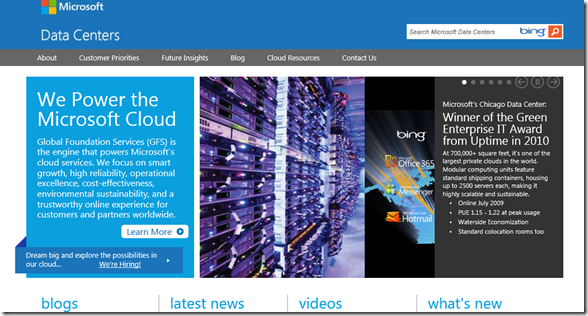
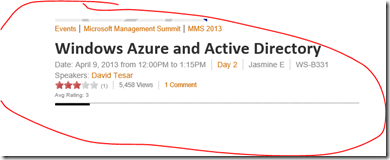
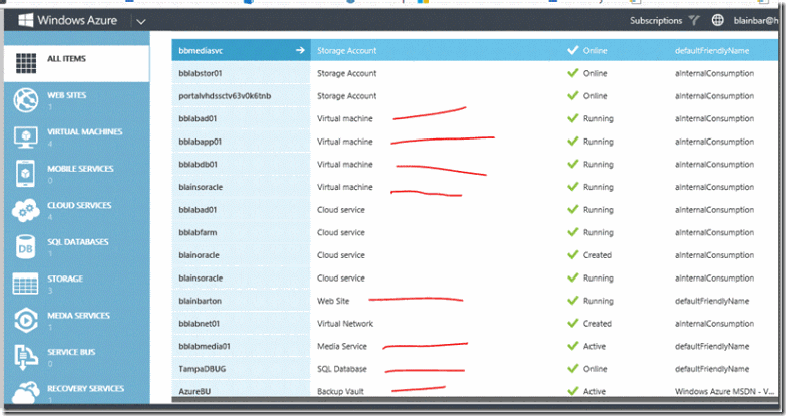
![clip_image002[6] clip_image002[6]](https://msdntnarchive.z22.web.core.windows.net/media/TNBlogsFS/prod.evol.blogs.technet.com/CommunityServer.Blogs.Components.WeblogFiles/00/00/00/44/49/metablogapi/3731.clip_image0026_1871C3BD.gif)
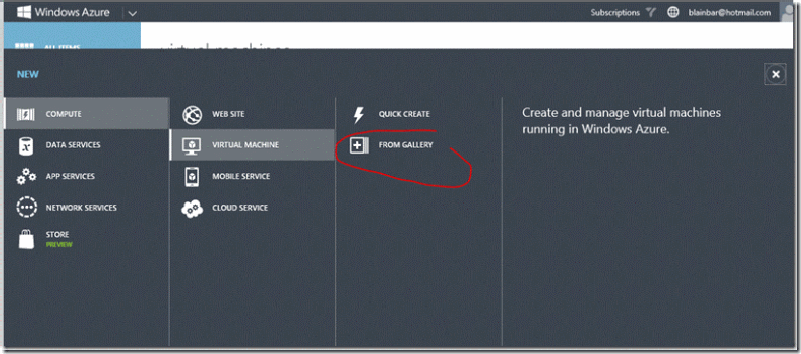
![clip_image004[5] clip_image004[5]](https://msdntnarchive.z22.web.core.windows.net/media/TNBlogsFS/prod.evol.blogs.technet.com/CommunityServer.Blogs.Components.WeblogFiles/00/00/00/44/49/metablogapi/2313.clip_image0045_5B72B38C.gif)
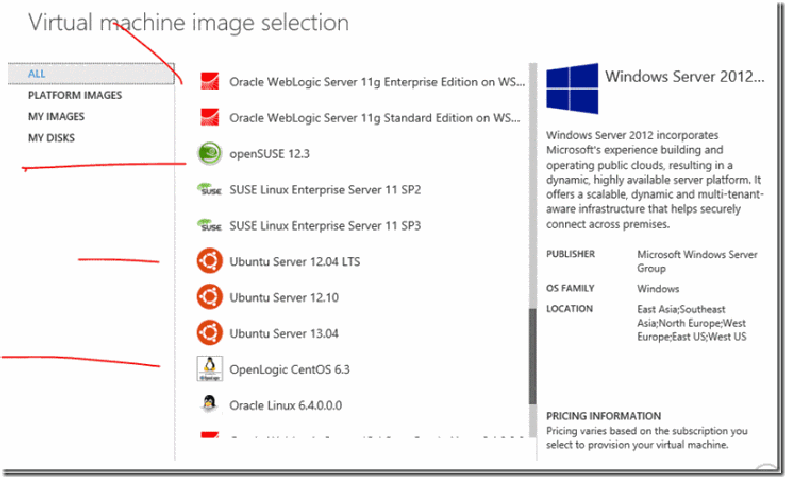
![clip_image006[6] clip_image006[6]](https://msdntnarchive.z22.web.core.windows.net/media/TNBlogsFS/prod.evol.blogs.technet.com/CommunityServer.Blogs.Components.WeblogFiles/00/00/00/44/49/metablogapi/2620.clip_image0066_37DBA696.gif)
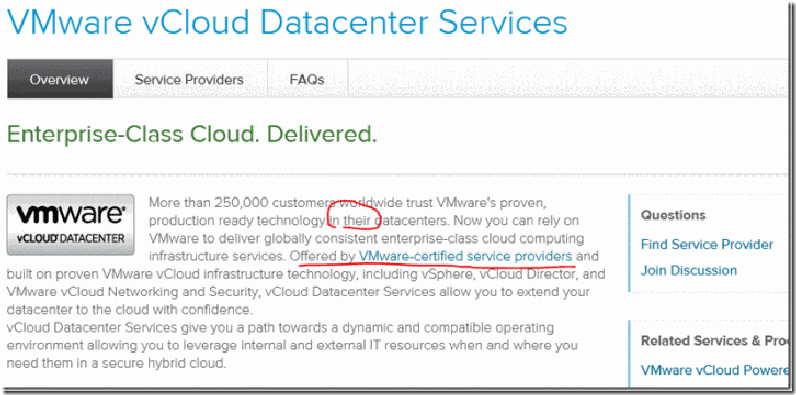
![clip_image008[6] clip_image008[6]](https://msdntnarchive.z22.web.core.windows.net/media/TNBlogsFS/prod.evol.blogs.technet.com/CommunityServer.Blogs.Components.WeblogFiles/00/00/00/44/49/metablogapi/6837.clip_image0086_002B7D17.gif)
